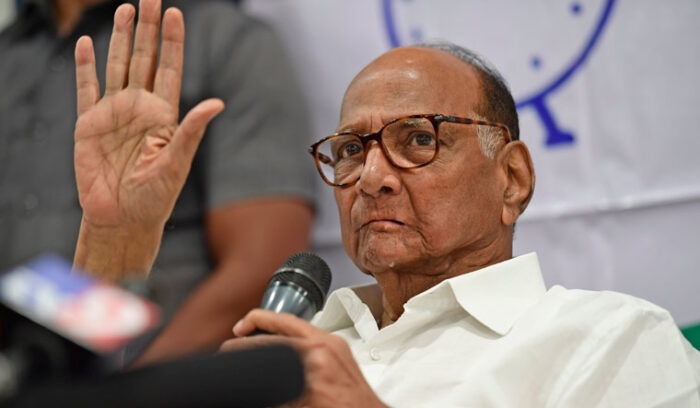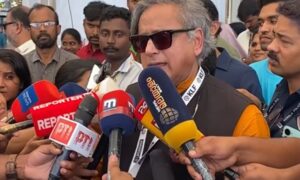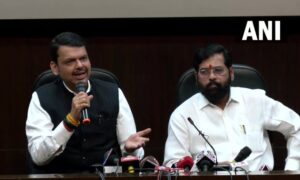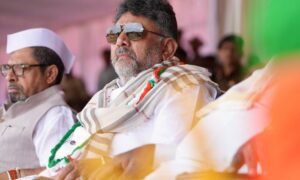
File Picture
Maratha stalwart and Nationalist Congress Party chief Sharad Pawar has said the Shiv Sena-led Maha Vikas Aghadi (MVA) government in Maharashtra was running smoothly and it would complete its full five-year term.
Speaking to reporters at Baramati, his hometown in the district, Pawar said when this government (in which his own party and the Congress are constituents) came into existence, it was decided that it will run on a ‘common programme’.
“When a government is run, it is bound to face some issues. So it was decided then that in order to find a solution to the issues, there has to be a mechanism,” said the veteran leader, who is said to be the chief architect of the Uddhav Thackeray-led dispensation that was formed after the 2019 Assembly elections.
It was decided to give the responsibility to some leaders from three parties and as per the mechanism, Balasaheb Thorat and Ashok Chavan from Congress, Eknath Shinde and Subhash Desai from Shiv Sena and Ajit Pawar and Jayant Patil from NCP were given this responsibility, Pawar added.
If there is any issue or a policy decision, all six leaders from these parties meet and take a decision, the NCP supremo said.
“The (MVA) government is running smoothly and since everybody wants to go ahead using the same method, I have no doubt that this government will last for all five years,” he said.
In the government, all three parties have one stand, but it is obvious that all three parties — be it Congress, Shiv Sena, or NCP — will work towards strengthening the base of their respective organisations and there is no misunderstanding about it, he said.
“So all three parties have a good understanding among one another over the efforts taken in regards to strengthening the base of their respective parties,” the former Union minister said.
Recently, Maharashtra Congress chief Nana Patole had said that his party would fight the next Assembly elections independently.
Asked about the Reserve Bank of India (RBI) prescribing qualifications for managing directors (MDs) and whole-time directors (WTDs) of urban cooperative banks, Pawar said that if the central bank has taken a policy decision, it will have to be accepted.
[the_ad id=”41103″]


















